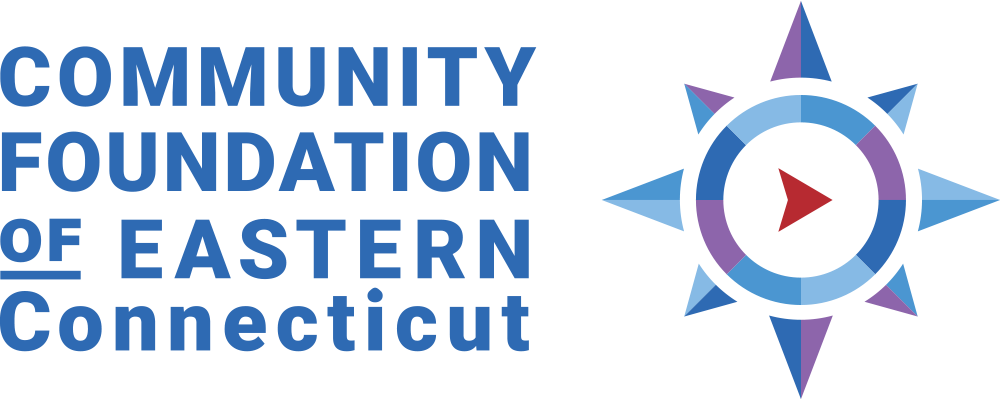 Published October 4, 2020
Published October 4, 2020
By Sten Spinella
s.spinella@theday.com
All of our stories about the coronavirus are being provided free of charge as a service to the public. You can find all of our stories here.
You can support local journalism by subscribing to The Day.
Whether it was distributing food or PPE to those in need, helping people financially, supporting local businesses or simply bringing people joy and lightness during a dark period, the region showed a charitable and hopeful spirit during a rather uncharitable and sometimes hopeless time.
Combating hunger
Local nonprofit organizations as well as municipal departments hosted food giveaways throughout the pandemic. Hundreds of households were served in August by a Connecticut Food Bank mobile distribution event in New London. As was the case throughout the pandemic, all types of people volunteered their time: Ledge Light Health District representatives, city employees, college students, political leaders, residents and local business owners.
Area farms also found ways to get food to those who needed it. Groton Family Farms helped Groton Housing Authority residents to receive a bag of produce each week.
Some citizens took it upon themselves to collect food for families in need. Area pastors and local leaders offered to pick up and deliver groceries, prescriptions and other essential items to residents at risk back in March.
The Groton Senior Center and others began an effort to provide dinners twice a week to those struggling during the COVID-19 pandemic in June.
Waterford’s Youth and Family Services held regular food drives. Montville Senior and Social Services met the increased need for food during the pandemic, delivering between 250 and 300 meals a week to homebound seniors.
Department Director Kathleen Doherty-Peck recalled people calling the department after receiving their federal stimulus checks saying they wanted to donate the money.
“We saw a huge spike in the amount of people in need of food, with people getting laid off, and, as I have found in the past, the community’s help always parallels its need,” Doherty-Peck said.
Essential workers
The region found different ways to thank essential workers. New London restaurants often brought meals to Lawrence + Memorial Hospital. L+M received numerous donations of money, supplies and grants, including one for $200,000 from the Community Foundation of Eastern Connecticut.
In April, about 250 people employed at L+M, Backus Hospital and the Pequot Health Center received ham dinners in the parking lot of Filomena's restaurant. Filomena's owner Mike Buscetto engineered the Easter meal with a number of partners, including the Waterford-based Cactus Jack Foundation.
“I would say people are even more generous during this time,” Buscetto said.
“I feel good knowing that thousands of people are better fed, better clothed, and more importantly, their morale lifted, knowing they have a support system in their community,” Buscetto added. “That’s what makes eastern Connecticut a great place to live.”
Essential workers were appreciative of the community's recognition. When group One Ledyard brought food to the Ledyard Regional Visiting Nurses Association in May, Karen Goetchius, administrator supervisor, said she and her staff, who care for sick residents throughout town, were honored by the delivery.
Miscellaneous acts of goodwill
Some of the region's good deeds were meant to provide normalcy or comfort to people during the pandemic. Waterford tried to take care of its high school seniors, who had to miss the end of their final year in high school, by sending them little gifts of encouragement.
Trivia nights hosted by involved citizens got people out of their homes in a safe manner. People got creative while battling the boredom of quarantine: The “A Life in One Line” project encouraged participants to write a single line encapsulating their lives to that point to be compiled into a book and serve as a time capsule of lives in the New London County area.
In Mystic, resident Bill Furgueson sought to bring humor and human connection to his neighborhood by installing a board on his lawn and writing a new joke each day. One of Norwich's smallest congregations, the Unitarian Universalist Church, gave $15,000 to Norwich Human Services to help residents facing hardships because of the coronavirus. Religious and nonprofit organizations hosted events to help people and promote unity in the area.
And then there were the parades. Emergency responders supported the community by showing up to children’s birthday parties and other special occasions.
A Facebook group, Make Some Noise: New London Folks encouraged friends and neighbors in New London to go outside every night at 7:30 and create a burst of sounds from pots and pans and other instruments. It was meant to make people smile for a moment.



